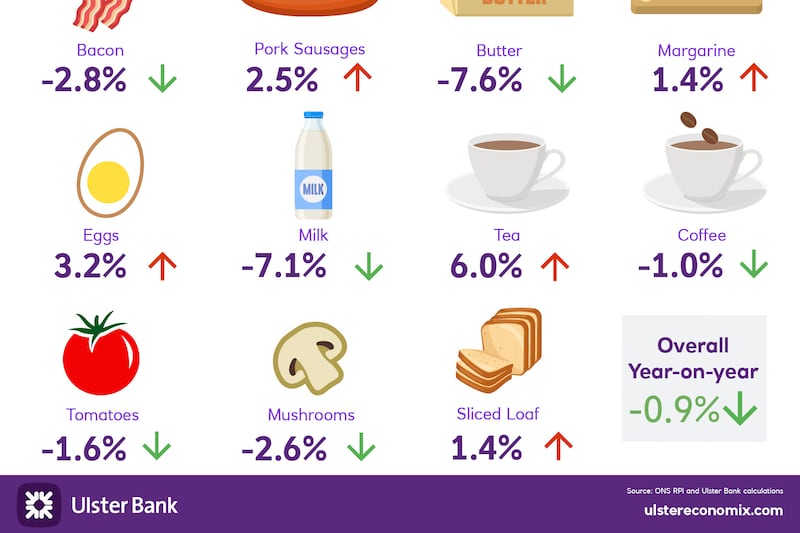THE absence of a Northern Ireland Executive is having a negative impact on the third sector's ability to deliver key services, according to a new report.
The Ulster Bank and CO3 3rd Sector Index has revealed that 86 per cent of leaders in the third sector believe the lack of a Stormont government has had a
negative impact on their organisation, with concerns including funding uncertainty. This is a 9 per cent increase on the previous quarter.
Cash flow pressures and recruitment difficulties are also cited as challenges for the leaders of some of Northern Ireland’s largest charities and social enterprises.
The latest quarterly index points to an intensification in cash flow pressures in the sector at the beginning of the year, with more than one-third (34 percent) of leaders saying that their organisation’s cashflow position is now unstable, double the number (17 per cent) recorded at the end of 2017.
Meanwhile 37 per cent of respondents say that their organisation is experiencing difficulty recruiting the right skills, including in areas such as social care, fundraising, finance and administration. Anecdotal evidence suggests that funding uncertainty due to an absence of decision-making at Stormont means potential candidates are generally opting for more secure employment opportunities elsewhere.
However, despite the challenges the sector is facing, 40 percent of leaders believe their organisation’s turnover will increase in the next 12 months, as demand for the services increases.
Chief executive of CO3, Nora Smith said the report shows how the uncertain political environment continues to impact negatively on the third sector.
"We can see from this quarter's results the influence the lack of a local government is having. Late and short-term budgetary decisions have impacted on cashflow, and this, in turn, affects the sector's ability to plan and deliver key services.The nature of funding has undoubtedly impacted on staff morale, for those on short-term contracts and for those on notice, it inhibits the ability to recruit and retain key staff members."
Ulster Bank chief economist, Richard Ramsey said that the third sector has struggled in spite of the overall upturn in the Northern Ireland economy at the start of 2018.
"Difficulties in the third sector appear to have intensified during this time, and the two things are perhaps not entirely unrelated," he said.
"A significant number of job openings in the private sector means that competition for candidates is intense, and with the private sector perhaps offering the prospect of greater job security, this is making it difficult for third sector organisations to recruit, therefore impacting on their ability to deliver services. Until there is greater certainty around longer-term funding for the third sector, it is hard to see these issues easing.”







